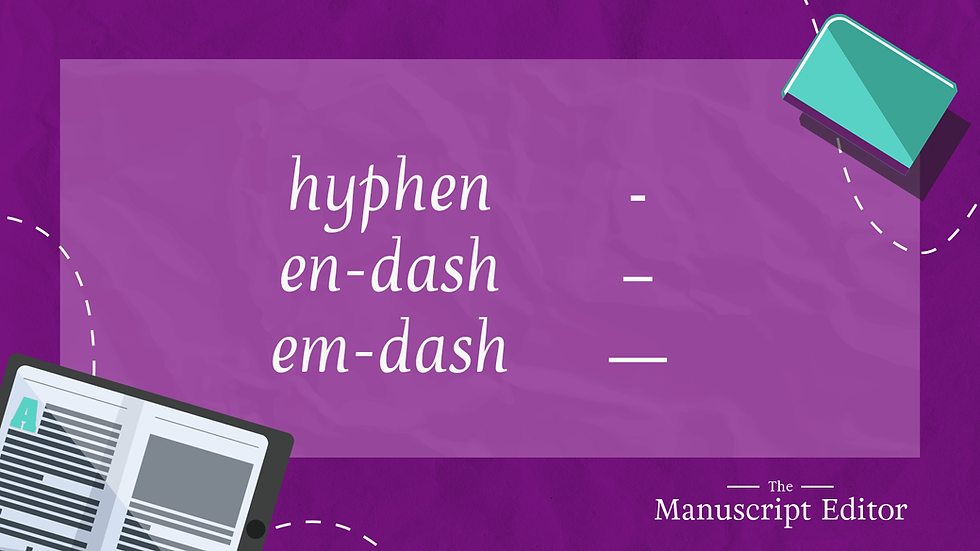Redefining Literature: Using Authors as Adjectives
- Pola

- Sep 17, 2025
- 3 min read
You may have heard your favorite author used as an adjective, but why? How does it happen?

Photo by Suzy Hazelwood on Pexels
Often, an author’s name becomes used as an adjective when either of two things occurs. First, when their work becomes such a big part of the cultural zeitgeist that it is impossible to think of the work separate from its author, even when others have done similar works, think about Shakespearean plays or Lovecraftian horror. Second, when an author becomes so well-known for the type of stories they write or for the writing style they have. For example, one can automatically distinguish what makes one work Dickensian versus Orwellian.
Here are some authors whose names we already use as adjectives, as well as some others who we should be using as adjectives by now.
But First, a Caveat
When you pull up the dictionary definitions of these adjectives, the entries will often say something like “of or relating to [insert name of author here].” We’ve done our best to elaborate those formal definitions further using other, more informal sources. Moreover, you’ll notice that these adjectives are mostly used preceding nouns related to literature and writing, but we think they can also be used in daily life to add a little flair to conversation.
Shakespearean

Photo by Никита Кригер on Pexels
Something that is Shakespearean can mean a setting in Elizabethan England, characters reminiscent of the Bard, or stories that are akin to his most famous works. Shakespearean may also be used to describe a work that uses the English language in such a clever way that it could change how we use the language itself, much like how Shakespeare invented and popularized many turns of phrases that we use to this day.
Byronic

Photo by Ibraim Leonardo on Pexels
Characters that fit the archetype of a hero in the Romance era may be considered Byronic. They often fit the “tall, dark, and handsome” mold and are aesthetically pleasing, slightly arrogant, and heavily individualistic. In that regard, maybe you actually know someone whom you might describe this way.
Lovecraftian

Photo by Jo Kassis on Pexels
In his writing, HP Lovecraft put forth the idea that the world is filled with unknown, unseen, and unfathomable things that are much bigger (literally and figuratively) than humans. Stories that are deemed Lovecraftian often include themes of pushing the boundaries of human knowledge, understanding, and sanity.
Orwellian

George Orwell’s 1984 has become the blueprint of dystopian novels that it is near impossible to remove his name from the subgenre. Thus, when something is described as Orwellian, it is often synonymous to dystopian occurrences.
Dickensian

Photo by Lisa from Pexels
A writer at the height of the British Empire, Dickens chose to set his stories in an impoverished London instead of the wealth of the royal family. Today, Dickensian is similar to Victorian, except that the former evokes images of malnourished children and workers facing social injustice.
Asimovian

Photo by Irina Iriser on Pexels
Isaac Asimov’s stories imagine a future of extremely high technology, often aided by advanced scientific discoveries and cohabitation with robots. When we say something is Asimovian, we often think of something futuristic but in a more hopeful way.
Austenian

Photo by cottonbro studio on Pexels
Jane Austen wrote romance books with female protagonists who often do not fit the stereotype of an ideal woman in the Regency period. Her books also provided social commentary on the life and expectations of women in that era. Something that is described to be Austenian often has a combination of if not all of these themes.
Tolkienian

Photo by Bence Kondor on Pexels
J. R. R. Tolkien is a master of high fantasy whose name is synonymous with the genre. The word is often ascribed to stories with deep histories, reminiscent of Celtic and Medieval revival, and adventure elements.
Atwoodian

Photo by Jeffrey Czum on Pexels
Margaret Atwood’s work is known for including feminist perspectives and power struggles portrayed in speculative fiction. To say that a story is Atwoodian is to say that a story is deeply rooted in society and how its ills affect women.
Kafkaesque

Photo by Miles Hardacre on Pexels
Franz Kafka is best known for his surrealist literature exploring humanity through a lens that doesn’t seem human at all. Another theme popular in Kafka’s work is a sense of entrapment and absurdity. Describing something as Kafkaesque is to describe it as surreal and sinister.
Does your story fall under any of these adjectives? Our editors are here to make sure that your story stays true to your desires. Reach out to us at The Manuscript Editor and talk to an editor today!
Sources:








Comments